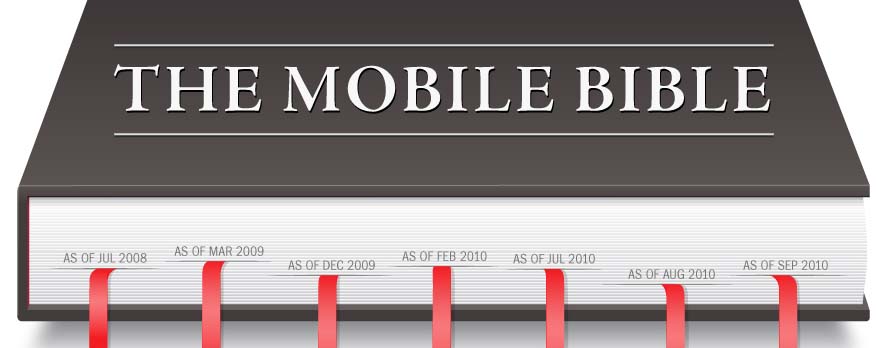Blog

The Mobile Bible
I have one on my Android phone as do many Christians I know. How about you? This infographic provides some amazing statistics on how many people are using the YouVersion mobile Bible.
The Paradox of Karma
I wonder if many people have really ever thought about the idea of Karma. The way that I have always understood it, when you did something selfish, insensitive, rude, cruel, mean, or otherwise unkind you will accumulate “bad Karma.” On the other hand, when you do things that are kind, considerate, selfless, caring, loving or otherwise “good” you will earn “good Karma.”
Emotions vs. Reason
For Easter this year, my family and I were out of town. We ended up attending Easter services at Central Christian Church in Henderson, NV. After the opening worship band left the stage, there was a young man who came out and presented a monologue/poem/rap that highlighted a good deal of what Christianity is about. I was impressed at the broad spectrum of doctrine, challenges and truths that were professed during this brief presentation.
The God-Man
If you’ve been around Christianity long enough, you’ve probably heard someone say that Jesus was “fully man and fully God.” Perhaps you’ve heard some other variation. Perhaps you’ve wondered how that is possible. Hopefully, at the very least, you took it on faith. Better than that, hopefully you’ve wrestled with it a bit in order to get an understanding that you feel comfortable with intellectually.
Picking and Choosing
If you were to ask most apologists, Christian philosophers or theologians what the most difficult objection was to Christianity, they would mostly give you the same answer. The Problem of Evil. Some might refer to this as the “Problem of Evil and Suffering” or some such thing, but it usually involves the same idea.
Easy Wins or Baby and Bathwater
Recently I had one of those strange moments. I had seen something that made me think that it was not something that I would do. What it was isn’t important. What is important is that the reason I felt that I wouldn’t do the same was because it wasn’t a very “Christian” thing to do.
Double Standards
It always is fascinating to me when people will try to refute a theistic claim and then turn around and make a claim based on the very logic they are trying to use to refute the other’s claim. An example of this came up during a recent debate with Dr. William Lane Craig and Dr. Lawrence Krauss. The topic of the debate was “Is there Evidence for God?”
The Truth – Works Both Ways
The truth has an interesting characteristic about it. If something is true, you can generally work the idea backward or forward and it just works. Let’s take a simple math problem, for example. If you add together 2 + 3, you get 5. Now, if you work it backwards and start at 5 and subtract 3, you end up back at 2. Most math teachers will tell their students that this is a good way to verify that they have answered a math problem correctly.
What About the Alternatives?
There are many arguments for the existence of God. Many of the best philosophers in the marketplace today will use various cosmological arguments, teleological arguments (arguments from design) and moral arguments among others. A common tactic from non-believers is to post some alternative explanation and claim that this eliminates the necessity of belief in God.
Guilt and Shame
I thought this would be a good time to go back into the recesses of history and bring up a topic that was taught in my church quite a number of years ago, now. That is, as the title of this post suggests, guilt and shame.



